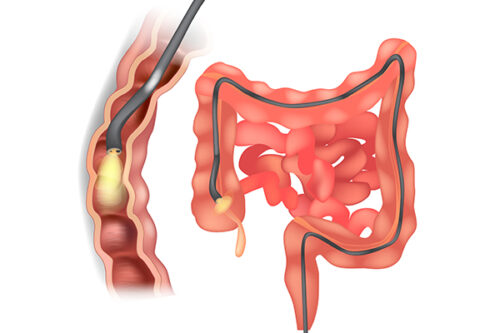Save Yourself from Colon Cancer
First by Diet then by Conservative Screening (Not Colonoscopy)
Worldwide, colorectal cancer is the fourth most common cause of death from cancer, with 1.4 million new cases and 700,000 deaths annually. Almost all cases of this disease are found in people who eat the Western Diet, high in animal foods, vegetable oils, and highly refined, low-fiber plant foods.
Ernst Wynder, M.D. Explains How Diet Causes Colon Cancer
During the weekend of June 30 to July 2, 1978 I attended the first Diet and Cancer Conference held in Seattle, Washington. On Saturday morning I had breakfast with Ernst Wynder, M.D., the man who proved the connection between tobacco and lung cancer to the world. His research was published in the May 27, 1950 issue of Journal of the American Medical Association. As a side note, he told the waitress that he will be having whatever I was ordering, which was oatmeal and fruit. You can listen to my radio interview with Dr. Wynder, (begins at 14:48).
Recommended Articles

How Do I Gain Weight on the McDougall Diet? I’m Not Joking!

Gluten-Free Diets Are Harmful for the General Population (Except for One Percent)






Join the Conversation!
Have a question, a helpful tip, or a story from your journey? Add it below - your voice matters.